“You are not allowed to touch my hair,” “that is not how you pronounce my name,” “I am a male despite what you may believe”.
When you feel that it is acceptable to touch a stranger’s hair because the texture is different from your own, when you are constantly pronouncing someone’s name wrong or when you are referring to someone by incorrect pronouns: these are microaggressions.
Microaggressions are the disregardment and/or discriminatory actions and phrases one may use intentionally or unintentionally towards oppressed groups of people.
Many might not understand or know the terms of microaggression or the aggressors, but it is crucial to know it comes in countless forms.
Racial Microaggressions
Racial microaggressions are actions which may seem harmless or intended as a joke, but are ultimately, distressing and vexatious to a group of people.
One offense would be phrases people may come up with to unintentionally make a person feel outcast–such as asking an Asian person to do their math homework. Many times it’s using someone’s culture to get what they want. It’s the same as asking the black kid to act as the slave in history class.
Another microaggression that many people ignore, are ethnic names. When someone corrects people on how to pronounce their name, those people should listen. Trevor Zahn, the American government and sociology teacher at PV conveys that pronouncing names is a crucial part of being a teacher,” When it comes down to the fundamentals, when someone doesn’t take the time to learn your name it can really be diminishing to that person, it’s one of the things I always try to get down first”.
The blatant disregard of someone’s culture is an offense used by individuals who are often uneducated and uncomfortable. Someone who is uneducated may call a light-skinned person, who is Mexican, white, or call someone who is Korean, chinese. Another might say that “you are different from the other black girls,” insinuating that there is something wrong with black women.
Someone who is uncomfortable could be irritated by a loud group of black kids who are minding their own business–something which occurs frequently at PV. With school being a place for learning, aspects of culture can be overshadowed. So when a black group of girls are doing nothing wrong but speaking louder than you would prefer, do you need to confront them? Oftentimes black students and adults are held to an expectation of conforming to “white culture” to not be identified as problematic. The black culture tends to be louder and sassier; it’s not that they are trying to be rude.
Identity Microaggressions
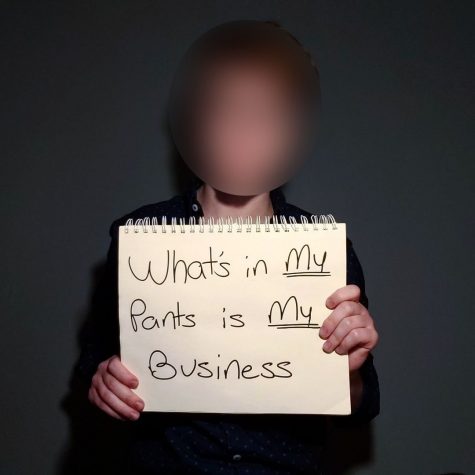
A prevalent phrase that people use is “that’s gay,” usually when someone thinks an action is dumb or their friends are doing something they feel is feminine. People who are not a part of the LGBTQ+ community may see this as derogatory.
Kade Green, a senior at PV has had identity issues at PV. “I would try my hardest to pass as a “normal” guy. I would wear baggy shirts and bind my chest so it looked flat. I would try to talk deeper so I sounded more like a boy. It didn’t really work.” Green expressed how conforming to the gender construct of being a man can be complicated whilst in high school. “I would do certain things to try and blend in with all the other guys. And I would still have people make fun of me and call me names whether they knew I was trans and gay or not.”
The LGBTQ+ community also deals with agressions such as contentious people demanding to prove a person’s sexuality and continuously calling someone by the wrong pronouns, despite the correct ones having already been established. Additional phrases the LGBTQ community frequently hears include: “it’s just a phase,” “you’ll get over it,” or “this is not who you are”. The remarks are often made by those close to the victim and are generally used to imply the victim is making “poor lifestyle choices.”
Deaf culture is another group who face everyday aggressions. Asking deaf people if they can drive or talk reinforces ableist behaviors, as the only thing deaf people cannot do is hear.
Aggressions against deaf individuals include yelling at or speaking to them when you know they are unable to hear you, as opposed to trying to translate into American Sign Language. Another microaggression would be turning off captions or not having an interpreter at large events–which is exclusionary and feeds inequality.
Educating America on the struggles of others is an effort the black, Asian, Latino, LGBTQ+, deaf and other marginalized communities have to partake in. The people who are constant perpetrators of microaggression show marginalized cultures that they do not care about their fight for equal rights or equal treatment.
Marginalized communities are not the only ones who can call out and educate others on microaggressions, but allies of these groups can too, as a way to show solidarity with and support for those who face these remarks on a daily basis.








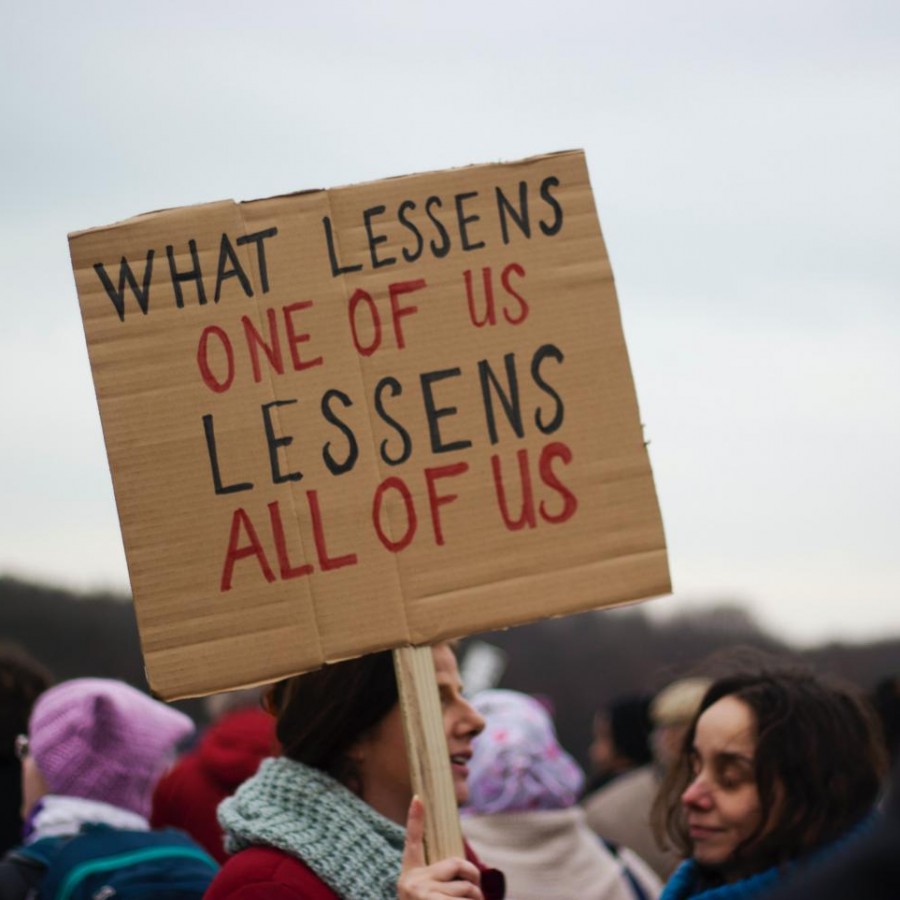
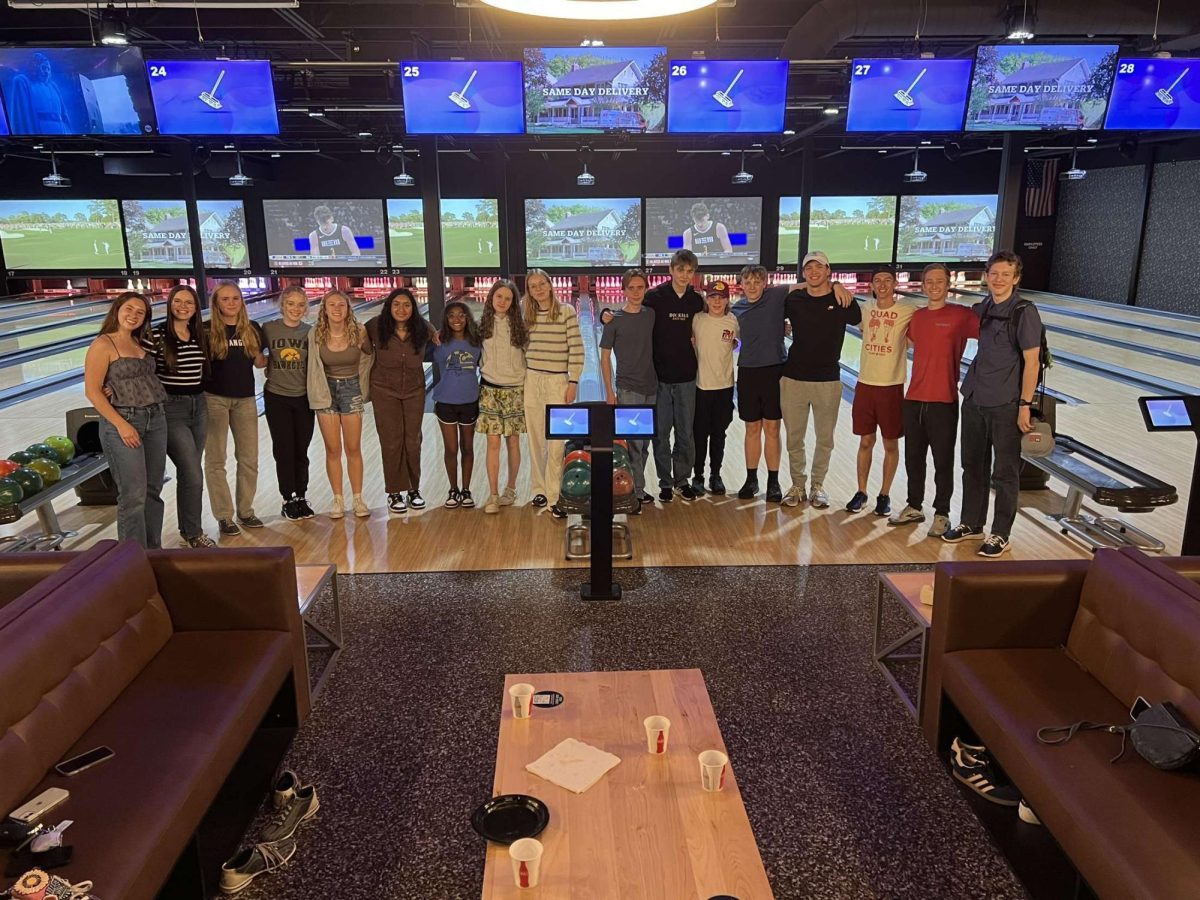
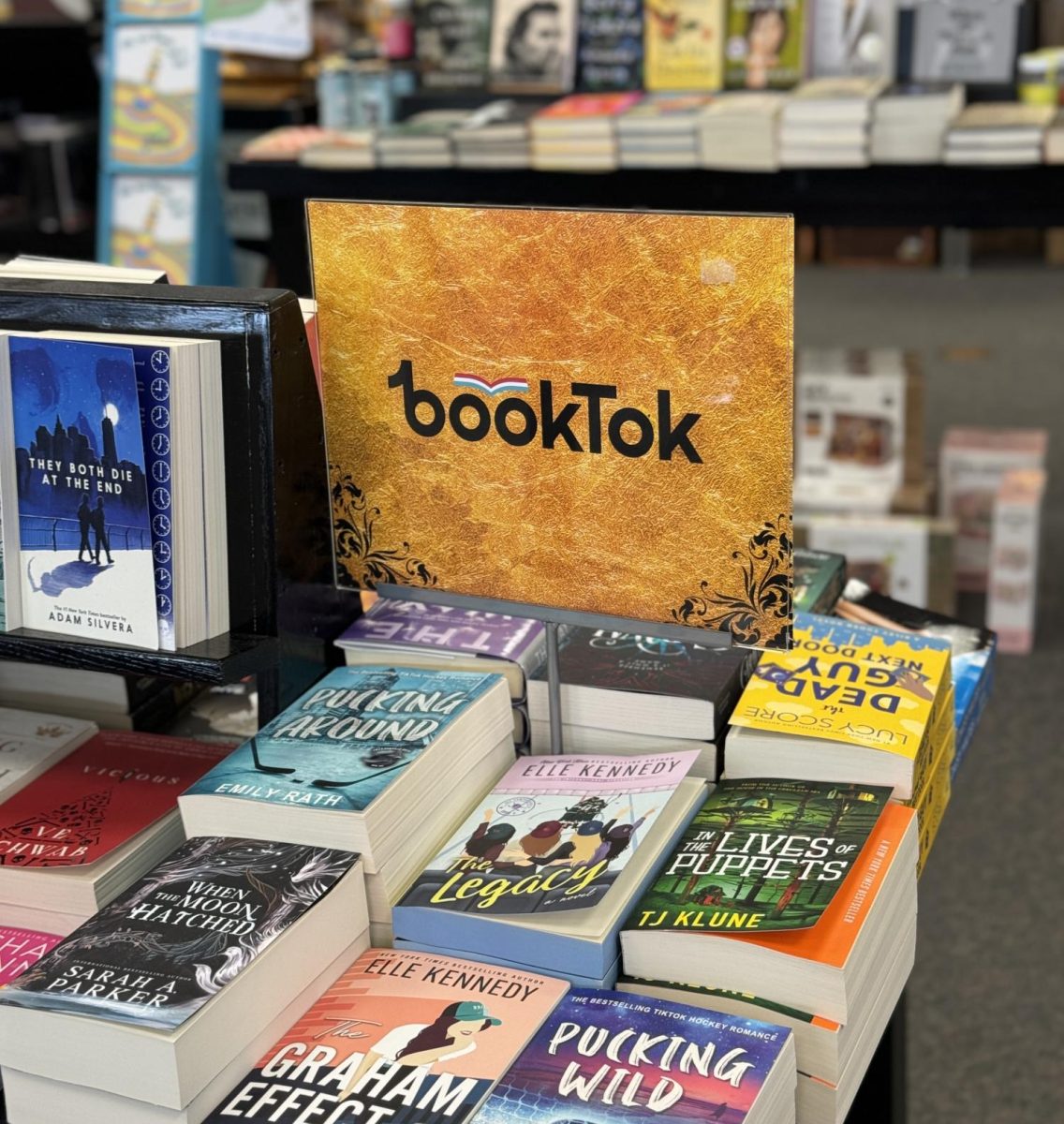

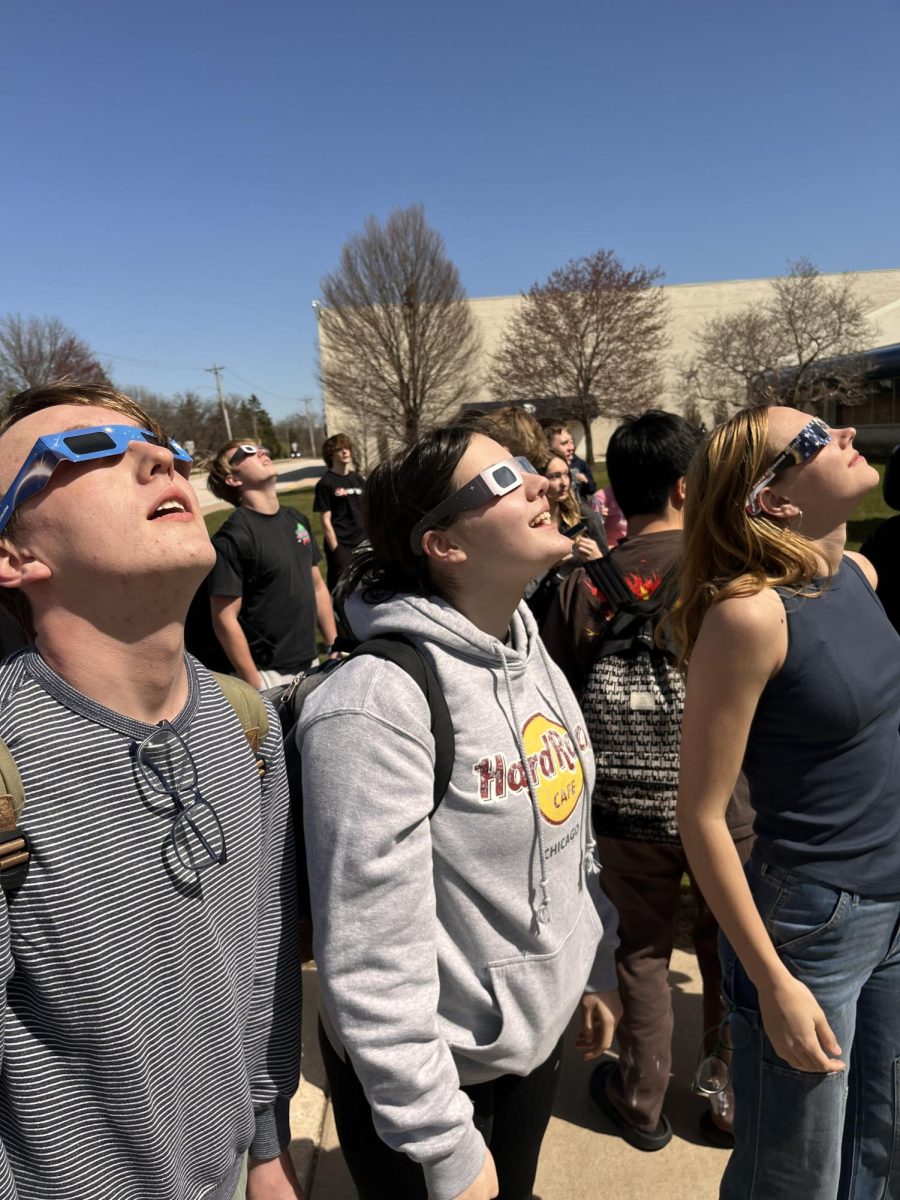

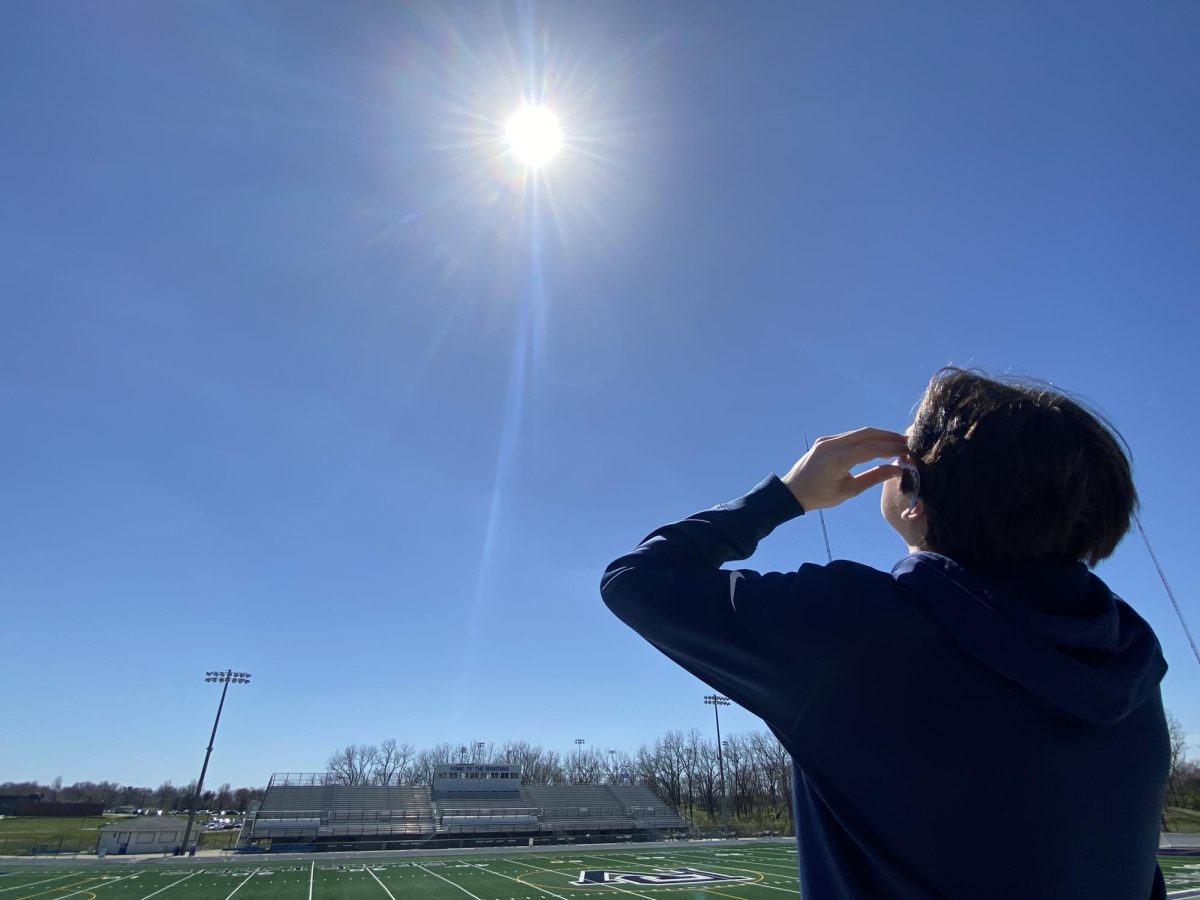
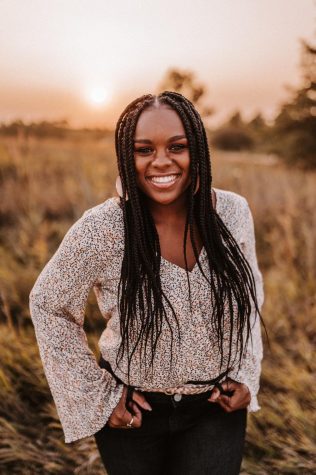
Corea Conner • Oct 8, 2020 at 11:20 pm
Pierre, first thank you for speaking of your perceived perception of what I have gone through and what I have seen. Even though I thought I spelled it out pretty clearly. Nothing in this article was generalized, I simplified it down A LOT though. I also specifically talked about what I have seen happen to my friends but since this was not an opinion piece in 1st person I did not state “I have seen”. As you can see at the top of the page it is labeled featured 🙂 also meaning these are not opinions these are facts and observations. And just because you may not take offense to the facts does not mean they are any-less factual. I would also like to point out, I mentioned when black girls are doing NOTHING wrong. Yelling in a library as you have mentioned seems… “wrong”. It’s like you read this with a preconceived opinion and no intention of learning and only looking for an argument. (So let me give it)I would hope if you told me how to say your name I would pronounce it correctly afterwards. But it’s the fact that people continuously say my name wrong when I have corrected them for year. I believe these are very lousy arguments you are using. You are not the entire asian population as I am not all of black culture. Our opinion does not out weight the fact people are hurt by these things on the daily. I see it all the time. As an Activist I have talked to people about the way they have been treated by society. I would also request that you practice comprehension though especially to read the 3rd graph.
These are micro aggressions whether someone takes offense to them or not, just like if someone said the N word some would take offense, others would not, but it’s still racist term. I have many friends with these experiences and just because you do not find it offensive does not mean it doesn’t hurt others. Although I am black I never wanted to lessen anyones experience with aggression so yes I did make each situation comparable. I’m sensing that you do not know the true difference between racism and microaggression. You should look it up. I would also like to thank you about teaching me about deaf culture when I actually am studying it as an advanced college class. At my request, I would love to speak to your asl professor on how to better myself when learning about the culture. I too would like to think you were not being condescending, but I don’t know you..If you need this spelled out in another language, maybe we could chat face to face and I’ll sign it to you. Thank you for protecting black culture and all the other cultures from my post. I hope you take an interest in more of my work.
Christina Li • Oct 8, 2020 at 5:08 pm
Hi Pierre,
I am also Asian, and after reading your response, I’m left with some confusion. I know Corea, and I don’t believe that she meant that math is a part of Asian culture. Most people are aware that math is not a part of Asian culture, and I’m sure Corea is as well. I don’t think that her statement was worded in the best way to avoid this confusion, but I think that she was simply referring to her own experience as a Black student in a predominantly white school. Additionally, I don’t think it’s really our place as Asians to correct what a Black student feels. We are not part of that minority and we cannot tell someone if their feelings are valid or not. We have no idea what it is like to be Black, so you shouldn’t be commenting in a way that seems as though you know more about Black culture than she does. This is simply from an outside perspective reading your response.
I do not know you, your background, or personality. If you are a student at Pleasant Valley, then you would know that there are many uneducated students here who make racist comments all of the time. Especially because of COVID-19, there has been an increase in racism towards Asian students, specifically Chinese students. I have heard students say in the hallways, “my dad told me not to talk to Chinese since they all have the virus.” I also just heard another student last week say that her eyes were so small that she’s Asian. She was white. This girl continued to berate Asian eyes and make fun of the shape. There are plenty of other experiences I have had when dealing with racism and micro aggressions at PV, but I do not want this to become an essay of my troubles.
In regards to your response on “loudness of Black culture,” I would advise you to be careful with your words. Corea is talking about micro-aggressions and racism, so she is probably talking about instances where white kids were also being rowdy without getting chastised while Black students were. I too would ask a teacher to get kids to be quiet if I am studying, but if it persists, go to a library or a different place. It’s not that hard.
I am going to assume that you were not trying to be condescending with your comments, but from an outside perspective, I don’t think that you, as you would phrase it, “ had the right approach.”
Pierre Xu • Oct 7, 2020 at 10:19 pm
As an Asian individual myself, how is asking an Asian specifically to do your math homework in any way making them outcast? Sure, it would be conforming to the stereotyped premises that “Asians are good at math” or “Asians are smart”, but I do not see how those are negative qualities. It is not stripping them of their recognition as an individual, maybe reducing them to an Asian who serves this purpose and just that, but perhaps your own experience in a school with a select number of Asian students has prompted you to write this. The following sentences do not make sense to me, either. I do not think Asian culture involves math homework in any way (you would be terribly wrong), and it is not in any way comparable to the experiences of Africans of the slave trade… to make that comparison would be insanely insensitive and much more offensive than any microaggression you have listed.
Given my own name, I do not find it offensive if someone cannot pronounce my name. Perhaps it did not cross your mind that different languages contain different sets of pronunciations. Many who grow up with one language have difficulty adjusting to the pronunciations of another language because they haven’t used ever had to manipulate their mouth as such. I do not fault others if they are unfamiliar with the pronunciation of my name because it is most likely not a failure to comply to my wishes but just an inability requiring greater levels of training (in fact, I dare you to attempt mine; I expect it’ll sound along the lines of “shu” or “zoo”, but in this case, I won’t be offended).
It is not offensive if someone mistakes a Korean individual for Chinese. I once again ask you to distinguish by name, by face, or by color the differences of a Korean and a Chinese individual because they are extremely similar. I would not blame someone for mixing the two up and I would not deem them uneducated if they cannot identify the difference between the two without having the experience (generally, I can tell Japanese from Korean from Chinese, but it isn’t 100% reliable). Sure, they may be mistaken and extremely callous for assuming that all East-Asian faces are Chinese, but I do not think they should be at fault for making assumptions any more than you should be at fault for making such severe generalizations about each of these groups in labeling them by race.
Concerning the loudness of “black culture” that you wrote about, could it very well be possible that they are simply being asked to be quieter because it is disruptive? Perhaps they are not trying to be rude and they are minding their own business (which in and of itself is not at all redeemable because being loud does not require direct interaction to be disruptive). It is nothing specifically against their culture and I do not see why it has to be viewed as a suppression of their cultural expression. It doesn’t have to be a “us vs them” mentality in which the black students are being assimilated into white culture if they are asked to be quieter. If I were to ask them to quiet down because I was trying to study, would that demonstrate that I am an ally of white culture? If Chinese people were known to swear openly and profusely in English, would it be an act of racial oppression to ask me to not use those words? No, asking to do so is simply and just a request from one individual to the next to act in a manner that is more respectful to a space and the people within that space. It is not because they are black, and in fact you are making the logical jump that they are loud because they are black and therefore it is excusable. It isn’t applicable in all situations, but it makes no sense to jump to the conclusion that such an instance must be attributed to race.
I would also request that you acknowledge that there are varying degrees of deafness, and it is not simply a boolean variable as to whether or not they can hear.
Those are most of the issues I find in this article, though I have chosen to overlook a few. It would be most appreciated if you would not make these generalizations about “white culture” or “asian culture” or “black culture” or their communities either. Celebrate and appreciate our differences, yes, but I don’t think this is the right approach.